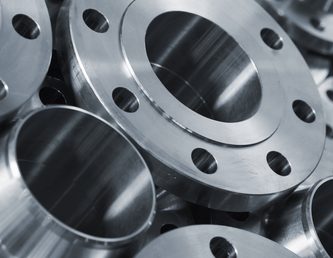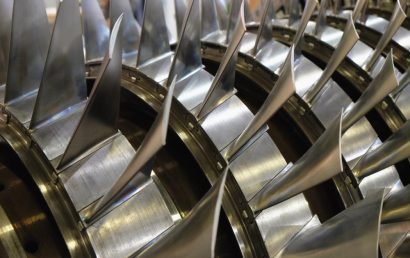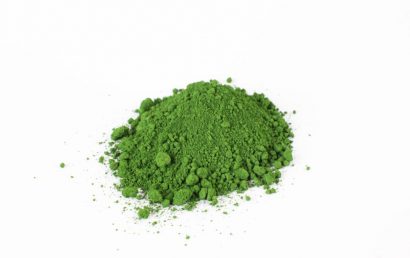What You Need To Know About Pumping Abrasive Fluids
What is an abrasive fluid? When, due to the presence of solids, fluids and surfaces are forced into contact with each other and those fluids cause result in erosion and wear, they are considered abrasive.
You can only imagine how pumping abrasive fluids through tubes, parts, components, and machines would have a detrimental effect on them. This is not a rare occurrence.
Such a process is, in fact, carried out by numerous industries. The solid content’s nature can differ greatly from sharp metal shards to highly abrasive stones, tissue and fruit juice pulp, clogging solids (like rags), all the way down to malleable, soft solids frequently present in food processing.
Not surprisingly, how abrasive a fluid is, is impacted by how many particles there are, how large they are, how hard the solid is, and more. The determination of these factors is essential when specifying the required pump type. Another part, however, is played by viscosity. The presence of solids can be cushioned by thicker fluids like sludges. The level of abrasion can be reduced in such a manner. The worst culprits can be solids in water-based fluids.
Example: When oil contains sand, its abrasiveness is far less than if the sand was in water, as in the case of applications dealing with seawater dredging. Let’s look at how the choice of a pump is impacted by the application in question and the different types it may be subjected to where abrasion is concerned.
Pump Applications That Deal with High Solids
- Paper pulp slurries
- Seawater dredging
- Bilge water pumping
- Rainwater removal and dewatering
- Food processing (chopped tomatoes, olive oil stones, fruit pulp, etc.)
- Used cooking oil and waste oils
- Water involved in waste processes including metal shards, residue, etc.
- Biomass (vegetation, food waste, manure, etc.)
- Effluent transfer and sewage
Pump Purchasing
If fluid is transferable as a non-difficult fluid (think light fuels and water), a cost-effective choice may be, onto the suction side of the pump, to fit a filter/strainer to remove particles. This in contrast to purchasing an expensive pump that can handle solids effectively. Keep in mind, however, if the fluid is viscous, shear sensitive, and/or the solid content is very high, or strainer installation isn’t allowable, the situation will definitely require an abrasion resistant pump.
The choice of specific solid handling pumps depends on factors other than its capabilities of handling solids. The following should also be considered:
- Budget
- Installation requirements
- Compatible materials
- Suction capabilities
- Pressure
- Flow rate… and more
Abrasion Resistance For Pumps
Through a plasma spray process, HVOF (High Velocity Oxygen Fuel) process, and more, customized thermal spray coatings can be applied to machinery, components, etc., that deal with fluid handling. Systems and fluid handling equipment such as this are coated with a number of materials for abrasion resistance, some of which include the following:
- Ceramics
- Tungsten Carbide
- Chromium Carbide
Protective, Abrasion Resistant Coatings – Where to Find Them
A&A Coatings is familiar with numerous industries and applications and is, in fact, already supplying much-needed protective coatings to them every day. No matter your industry, no matter your company, no matter your business needs, we’ve got the coating that will perfectly suit any and all standards, specifications, etc.
Contact us today if you’d like to find out more.



